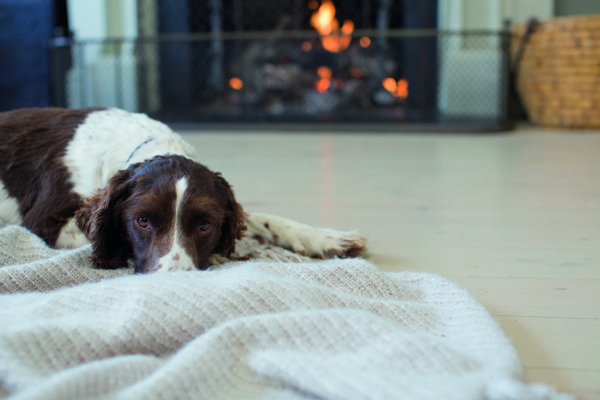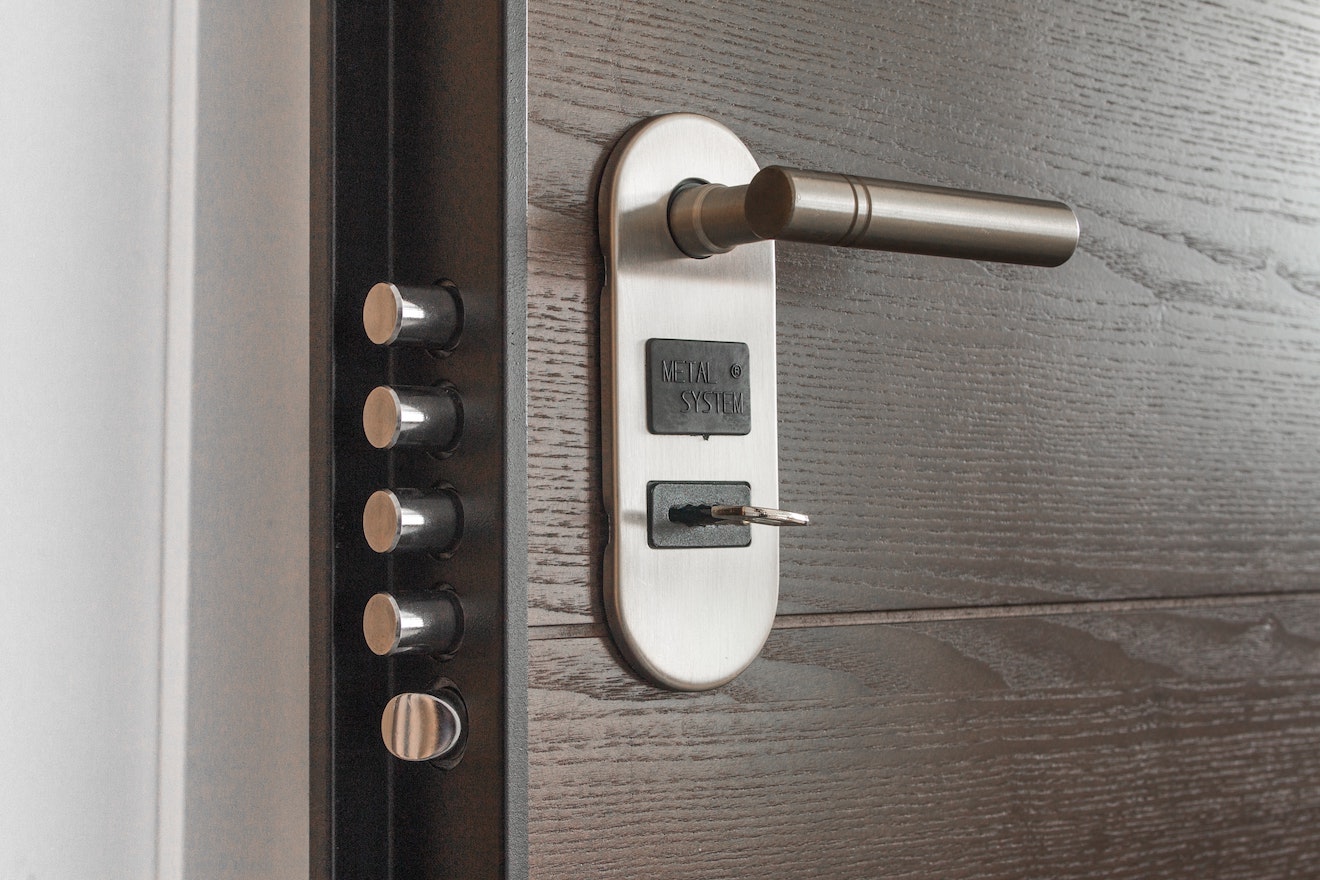
The experts at Calor explain the energy options for fueling properties with no access to mains gas.
Buying and selling homes in rural areas that have no access to mains gas can sometimes be more challenging than in urban areas. If you’re a buyer that has never lived ‘off-grid’, you may find rural fuel options confusing. For those selling and letting, it’s important to understand rural fuels to communicate the options to potential buyers or tenants.
Approximately four million homes in the UK are not connected to the mains gas grid, and rely on alternative fuel options. So how do you heat a home and get instant hot water if you have no access to mains gas?
There is a choice of fuels available to off-grid homes including LPG, oil, solid fuel, electricity, and renewables.
LPG & BioLPG
LPG is the closest alternative you can get to being on mains gas. It’s versatile, and can be used for heating, hot water, gas cooking and appliances such as gas fires and tumble dryers.
Becoming an increasingly popular choice for those living off-grid, LPG is the greenest and cleanest of all fossil fuels, producing 20 per cent less CO2 and harmful emissions than oil or solid fuel[1].
LPG boilers typically cost £900[2] less to purchase than an equivalent oil boiler, are more compact, and can be easily wall mounted, meaning they take up minimal space in your home.
There are a range of storage options with LPG, including underground tanks and discrete cylinder packs, meaning there’s a solution for most outside spaces.
Unlike oil, LPG is virtually impossible to steal, and automatic top-up technology means your supplier will know when you will need a delivery and arrange this so you should never be left without gas. LPG prices can also be fixed for certain terms by suppliers such as Calor.
It can also cost less than you think to install an LPG system. For example, an oil tank can cost as much as £2,000[3] plus the added expense of installation, maintenance and insurance to factor in. In comparison Calor will install an above ground tank and its new Calor Compact completely free of charge and for a small charge are responsible for its maintenance.
For an even greener solution, BioLPG is available, which is almost identical to standard LPG. Rather than being produced from fossil fuels, it’s created from a mix of renewable materials and waste, such as organic plant materials, vegetable oils and animal fats. This eco-friendly origin means that it can help to reduce your carbon footprint by as much as 38 per cent[4] in comparison to heating oil.
Oil
Traditionally oil has been the most commonly used fuel to heat homes in off-grid properties, and modern oil condensing boilers can achieve efficiencies of 90 per cent and more.
Oil has to be stored in a tank in the garden which can be an eyesore, and oil can be easily siphoned, meaning theft of the fuel is a big issue in rural areas. Tank fuel levels must be monitored by the owner, who is responsible for ordering top-ups when running low.
You can ‘shop around’ and use a different oil company each time you have your tank topped up, but the price of oil does fluctuate.
Solid Fuel
Many older properties may still use solid fuel to heat fires or stoves. Although they are aesthetically pleasing, they lack the modern comfort and control of a central heating system, with no radiators or thermostats.
For a constant heat using oil or solid fuel, you’ll have to refill the stove regularly so you’ll require a good supply of wood or coal. Solid fuel systems often heat homes unevenly, and there will be soot produced.
You’ll also require a large area to store your wood or coal – with this often being outside many people find it an inconvenience to move fuel indoors when required.
An additional consideration is that electric immersion tanks are often used to provide hot water, which can be costly to run.
Electricity
Electric boilers and storage heaters are another alternative option. Of the two, storage heaters are cheaper than electric boilers to both install and maintain, but are often harder to control.
Electricity is the most expensive way to fuel your home. On average, it costs 2-3 times more to heat your home than oil, solid fuel and LPG[5]. Prices can vary, as you may have to use a specialist tariff to help control the costs.
Renewables
Solar and air source heat pumps are environmentally friendly renewable fuel sources, but can be very costly to buy and install. A backup fuel supply such as LPG or oil may be needed for times of the year when the weather does not allow the system to work to its maximum potential.
For more information and advice on rural home heating, visit www.calor.co.uk or call 0800 121 7827.




 POSTED BY
POSTED BY 

